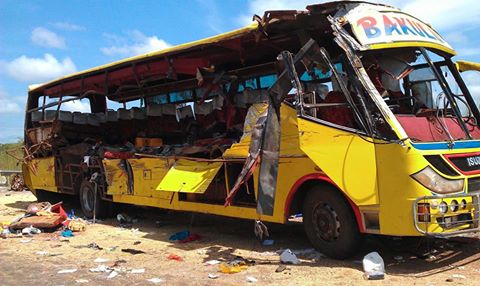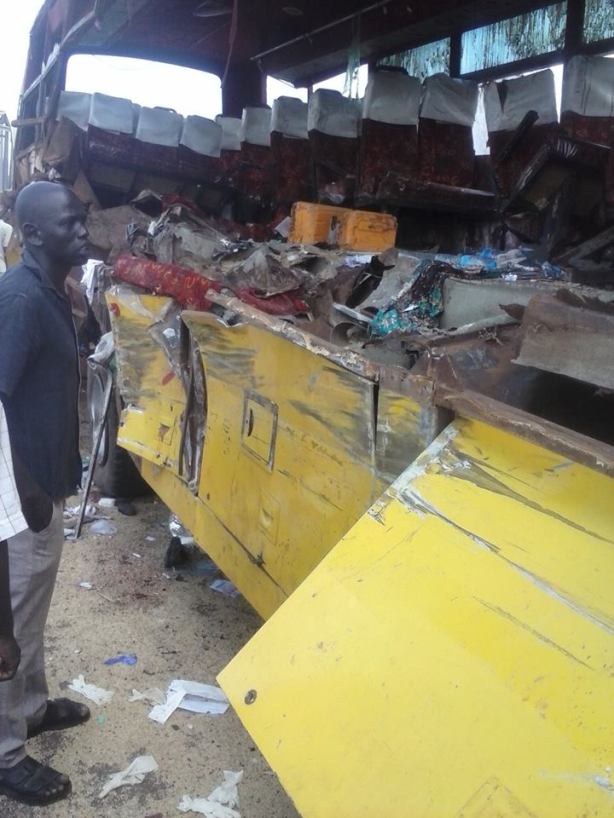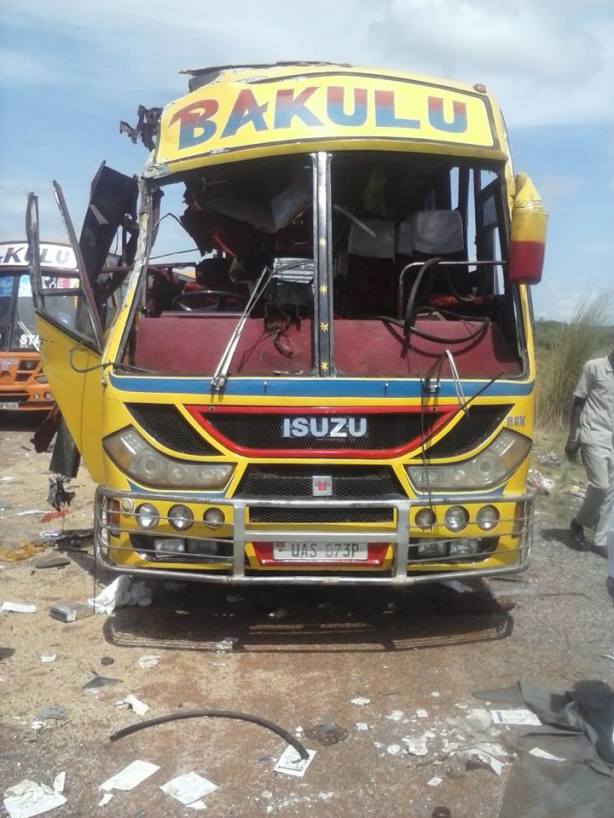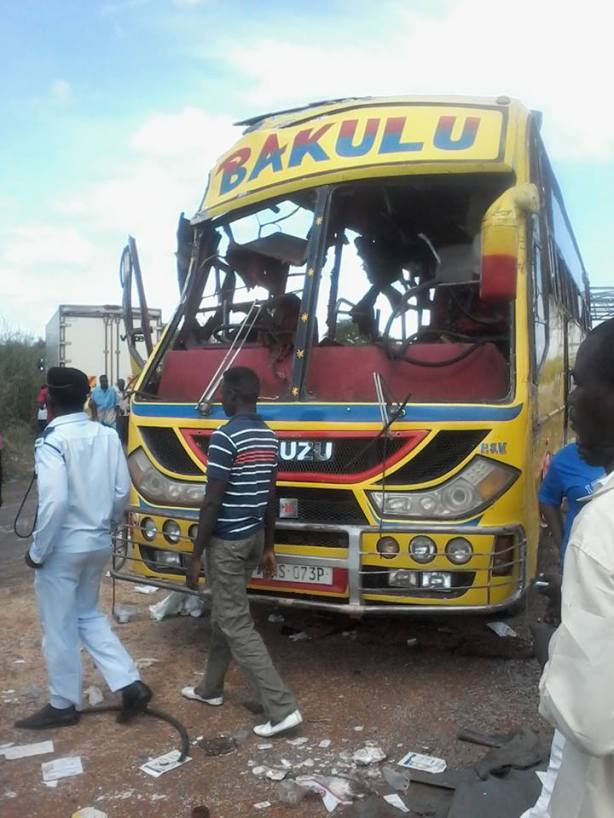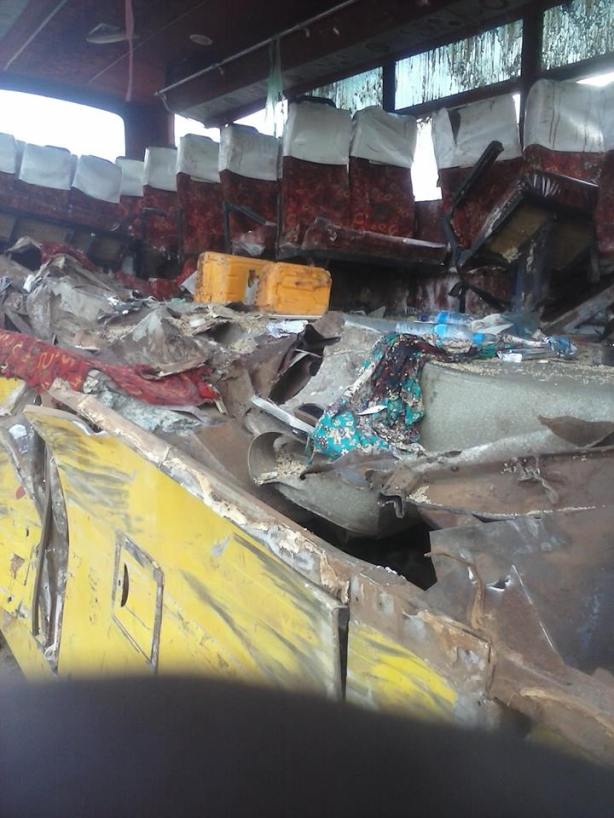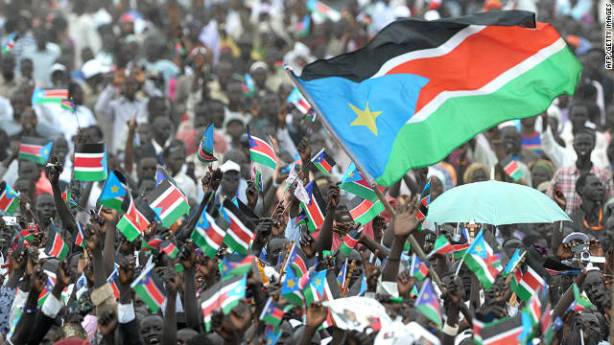By Garang Atem Ayiik
In September 11, 2001, America was attacked by a terrorist group; an act that shaken the security foundation and capability of United States to insulate against terrorists and external aggression.
An attack that the then president of United States, George Bush Jr. described as series of deliberate and deadly terrors’ acts. The nation was united in her act; the political, security and economic experts were mobilized to restore the confidence of their constituents.
In the economic front, within minutes of attack, security personnel moved New York Reserve Bank employees to a secure building and other officials around the country were contacted to collect economic information from financial intermediaries.
Based on this information, on 12 September 2001, the Reserve Bank pumped 30 billion dollars into the financial system and made 45.5 billion dollars available to financial sector as a temporary caution to US economy.
All these responds by the US economic actors are well documented by Dornbusch (2004) and his co –authors in their Macroeconomic book. Critical is the swift manner with which both economic and security actors responded, and complimented each other in protecting of their state and economy.
America government had no slightest idea that the attacks will occur but the economic managers ensure the economy didn’t came to its knees with their swift actions, the economic actions were commendable.
Overtime, economists expanded their knowledge frontier, equipped themselves with skills that will enable them to identify risk, forecast and mitigate risks. Is south Sudan beneficiary of this knowledge?
In a document available on the Ministry of Finance and Economic website entitled ‘fiscal challenges and progress in public financial management’, prepared by the Ministry in 2008 for Sudan’s consortium brought out dependency on oil as greatest fiscal challenge for South Sudan. Prudent policy management expectation requires South Sudan to hedge against this risk.
There was every reason to believe oil will not flow after South Sudan independence. As Sudan considers South Sudan as an enemy, remember how sanctions work – reducing the capabilities of an enemy; in the same way, military strategists target to close source of supplies, and so was Khartoum going to cut or interfere with oil flow to weaken South Sudan after independent.
At the beginning of 2012, South Sudan closed oil flow. With all indications that Khartoum was going to interfere with oil flow, how did South Sudan respond? Do nothing. After agreement on transit fees, oil flowed again.
The crisis that began in December 2013 puts South Sudan on weak economic position and with an agreement on transit fee expected to expired, Sudan might bully South Sudan by asking for high transit fees.
I hope this time; South Sudan is planning something as she cannot afford interference with oil flow. I suppose, nations should respond to more predictable economic challenges like infrastructure issue in South Sudan oil sector than unpredictable terrorists’ attacks.
Immediately after independent, Bank of South Sudan auctioned dollars. In this arrangement, banks and bureaus bought dollars within a band set by the Bank. From the data I obtained while doing my MA-thesis, during this period, difference between black and official rate was small.
Thereafter, the Bank adopted allocation system which led to growth of shallow financial institutions, encourage inequity and transfer of public money to private pockets through black market.
Attempts to organize foreign exchange market will be meet with resistance by the cartel that has grown. Is South Sudan relocating its human resources to correct places to fight black market menace? Fighting black market involves allowing shallow financial institutions to wither away and this might be resist immensely.
Reviews of autobiography of former governor of Central Bank of Kenya, Michael Cheserem, highlighted difficulty in correcting faulty foreign exchange market with matured cartel. Is South Sudan wholly, heartily and skilfully fighting the black market war as US did during terrorists attack?
For the period it has been in existence, Government of South Sudan got less than 5% revenue of its budget from non-oil revenues. This is explained by Dutch disease theory. If South Sudan knows this problem why can’t it be addressed, is the problem knowledge or willingness to focus on non-oil revenue? It is a mirage to expect an economy to grow on one resource.
Recent circular on reducing the role of foreigners on labour market, despite its right intention for South Sudan, it is being bullied to dustbin by the region and the world. However, signs suggesting government ministries involved are pulling in different directions displays incoherent or lack of internal synergies within government.
The labour market problems can be traced to two issues; work ethic and competency of South Sudanese; and second, unregulated entrance of foreign workers without designed living strategy into South Sudan labour market. Any policy must take into consideration the labor gap that might be created.
On labour circular, foreign economic interest seems more powerful than the domestic interest. There seems to be an interest clash between South Sudan and other partners.
It is a clear message that whether South Sudan builds a pipeline through Djibouti or Kenya, Economic interest dictates behaviour. Recent blackmailing and name-calling on labour circular should provide a bigger lesson to South Sudan beyond the labour case.
The future engagement with other countries must be guided by the fact that international trade can be use an intimidation tool. Whether it is on alternative infrastructure, port, bank or a labour. Truly, economists are right when they say there is no free lunch.
South Sudan has many sectors that have the potential to propel her economy and equally potential high risks that can ruin her economy. What she needs are economic managers who monitor, diagnose and act rightly as US did in her difficult time in 2001. To wait or act in an emotion and say ‘our people have suffered before and they are prepare to suffer’, is act of no plan, care, responsibility and ownership.
South Sudan must address macroeconomic challenges; diversify her economy; use and improve local resources – labour and natural resources and develop strong institutions. For this to happen, policies must adopt a holistic view. I suppose, Obama was right when he said ‘Africa needs strong institutions not strong men’.
Garang Atem Ayiik is an independent South Sudan economic commentator. He lives in South Sudan and can be reached at garangatemayiik@gmail.com. First version of this article was published in New Times, South Sudan in 2012.




